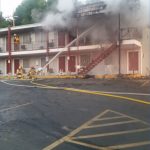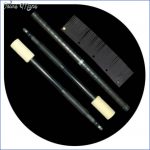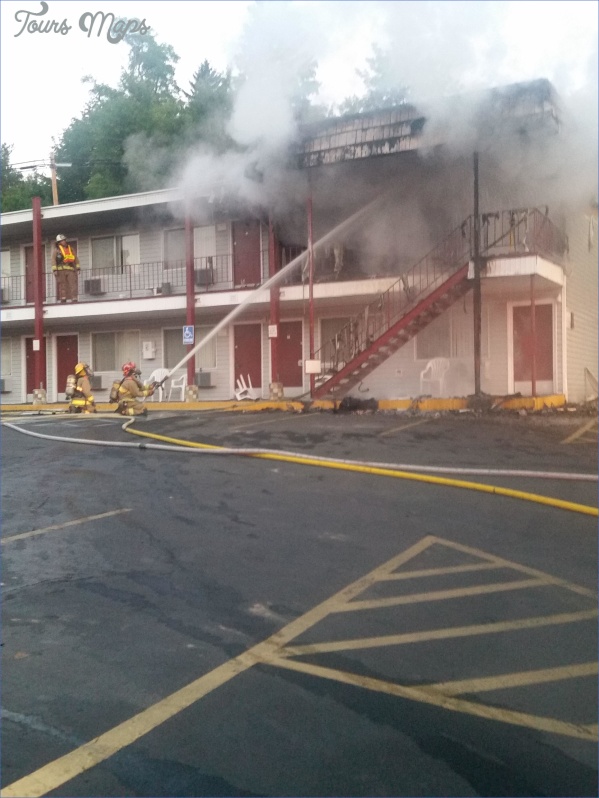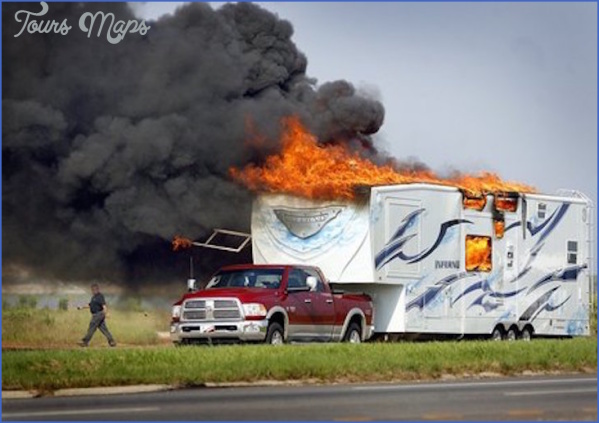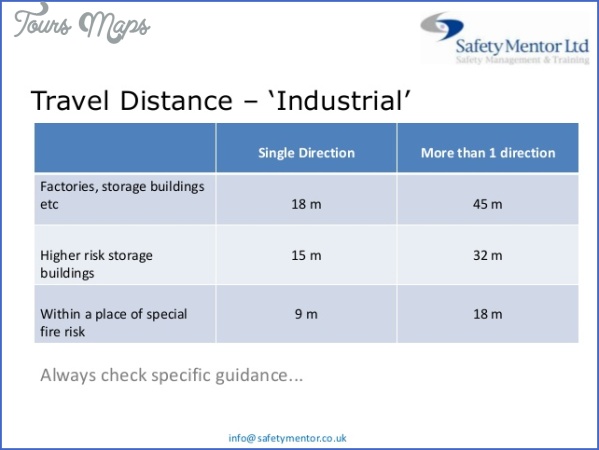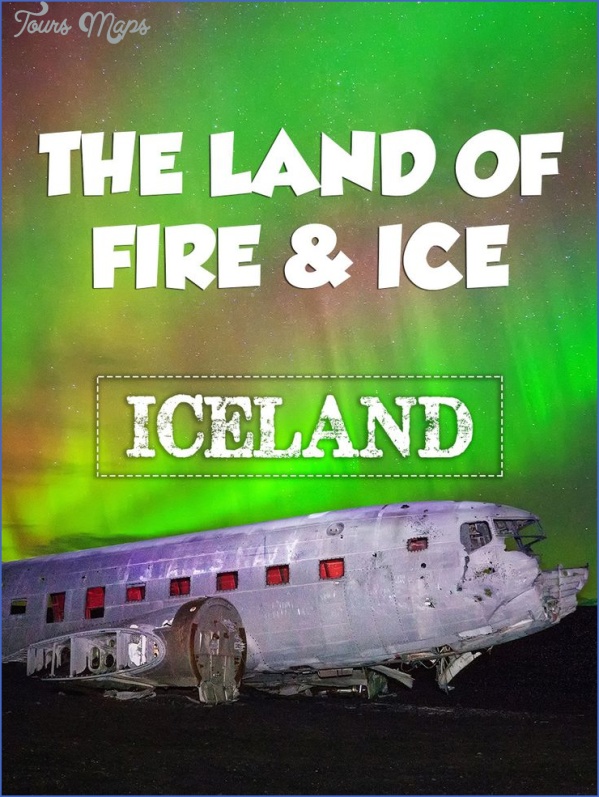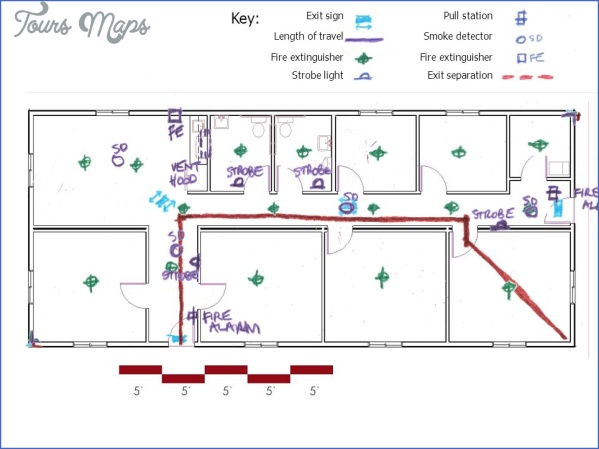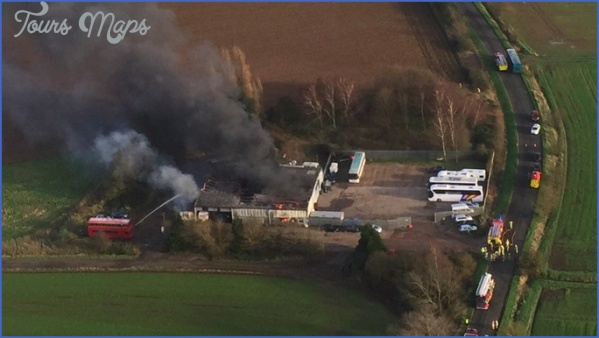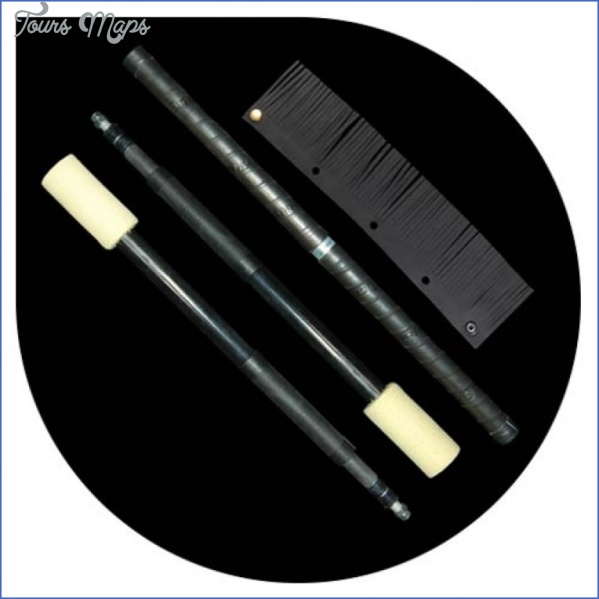Pilots and flight attendants constantly focus on personal safety and security. These are some of the routines I follow when travelling for business or pleasure.
Before travelling:
• Make copies of passports, ID, credit cards and itineraries and stow them in a separate suitcase or tote bag pocket. Alternatively, scan and email copies to yourself.
• Check government websites for updates on political issues or potential problem areas.
• Write a cell phone number rather than a name and home address on luggage tags.
• Substitute a simple wedding band, plain watch and earrings for expensive jewellery.
• Place valuables in a carry-on bag, never in checked luggage.
Hotel security:
Frequent fliers know to remain alert even in the relative sanctity of a hotel.
• Upon check-in, ensure the receptionist doesn’t broadcast your room number.
• Decline rooms with adjoining doors as they can be less secure.
• As a reminder if using the in-room safety vault, place one shoe on top of or inside the vault.
• In elevators, stand beside the control panel, close to the alarm button.
• Advise hotel maintenance of burnt out light bulbs in the room or hallways.
• Always check the peephole or use the chain lock before opening hotel room doors and request ID from hotel repair staff.
• Leave the Do Not Disturb sign on the door. When necessary, call housekeeping directly for service.
• If the room has been burglarized or searched, leave immediately as someone may still be inside.
Hotel fire safety:
An individual or family fire briefing could save critical time in the event of a real emergency.
• Note the location of fire extinguishers, alarms and escape routes.
• Leave the room key in the same obvious and accessible location and bring it if evacuating.
• Check if windows open and close and learn how to turn off the air conditioner.
• Agree on a family meeting place in the event of an evacuation.
• Make it a habit to sleep in pyjamas in hotel rooms.
TRAVEL, FIRE & HOTEL SAFETY Photo Gallery
• Always take hotel fire alarms seriously.
Escaping a hotel fire:
• Rooms below the seventh floor are easier for most fire ladders to reach.
• Call the hotel operator or fire department if one discovers a fire.
• To test for fire in the hallways, touch the room door with the back of hand. If the door is hot, do not open it.
• If remaining in the room, call the fire department to advise them of your location.
• Turn off the air conditioner. Open windows only if assured of fresh air.
• Fill the bathtub with water. Wet sheets and towels and stuff them around door openings and vents.
• Use the ice bucket or waste basket to splash water on the door and walls.
• Keep a wet cloth over mouth and nose and stay low.
• If leaving the room, take your room key; proceed to the nearest stairwell and attempt to reach the ground floor. Do not use the elevator. It might be necessary to crawl to avoid toxic smoke. Stay low and use a wet facecloth to cover mouth and nose.
Personal security:
Situations that appear innocuous at home may result in tragic outcomes when travelling.
Use common sense and caution for a positive outcome.
• Avoid rowdy gatherings and political demonstrations, which can quickly escalate into crushing stampedes or violent confrontations.
• Beware of overloaded boats, bridges, viewing platforms and stadium stands, especially in underdeveloped countries.
• Decline offers for unofficial guided tours to out of the way places as they could be a set-up for robbery.
• On tour buses, sit away from the doors to gain extra time if thieves should rush onboard.
• In some areas, robbers have also been known to smash windows when vehicles are stopped at red lights. Keep purses and totebags on the floor, not the window seat.
• Dress inconspicuously, especially where local customs mandate modest dress.
• Don’t stand in the middle of the sidewalk to examine Maps or guide blogs – step into a store or safe alcove.
• If trapped in a hotel room due to political or security issues, close the curtains and stay away from the window. Speak quietly into the phone or send text messages from a cell phone.
As flight crews know, taking extra precautions does not translate into paranoia. The old adage “better safe than sorry,” is especially valid when travelling. A little research and organization will ensure a trouble-free trip for everyone.
Maybe You Like Them Too
- Explore Doncaster, United Kingdom with this detailed map
- Explore Arroyito, Argentina with this Detailed Map
- Explore Belin, Romania with this detailed map
- Explore Almudévar, Spain with this detailed map
- Explore Aguarón, Spain with this detailed map

